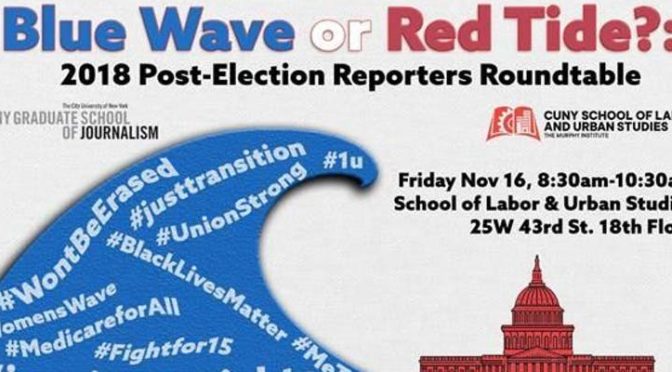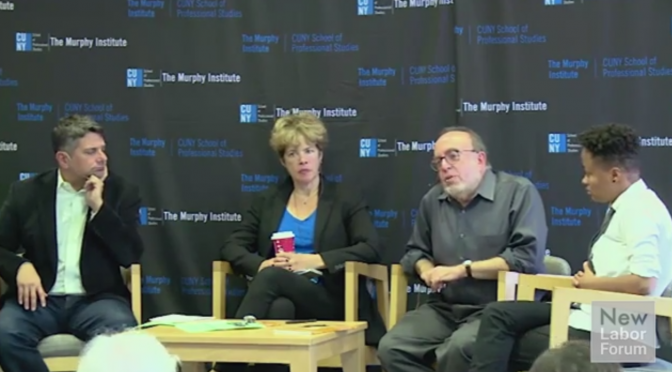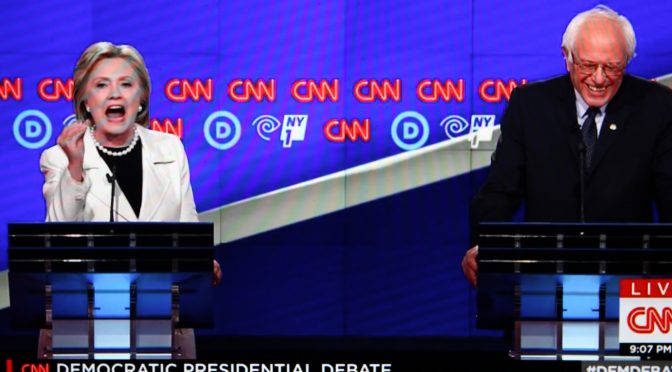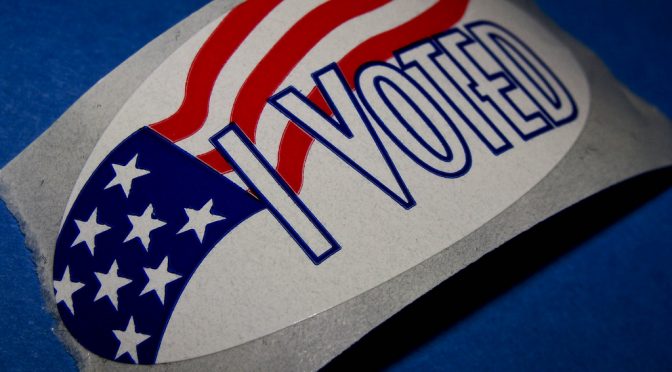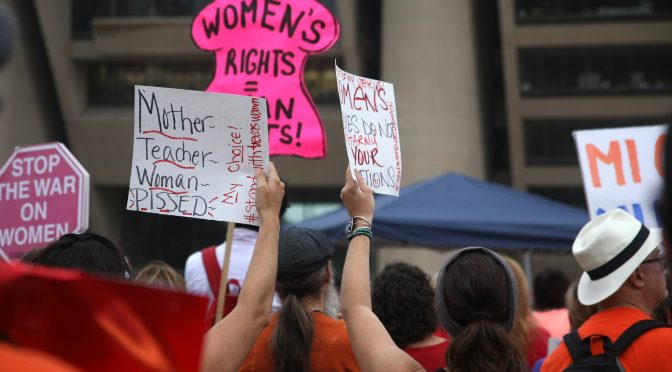The New Labor Forum has launched a bi-weekly newsletter on current topics in labor, curated by the some of the most insightful scholars and activists in the labor world today. Check out some highlights from the latest edition below.
In this week’s newsletter, we look policy issues — work and family — that normally fail to receive the political attention they deserve. Ironically, during the first electoral season to feature a woman as major party candidate, these issues remained overshadowed by other far less policy oriented concerns.
We kick off our effort to highlight these issues with an assessment by Linda Gordon of Second Wave Feminism, which included a strong strand of Socialist Feminism that emphasized the intersection of gender, race, and class oppression. As such, this movement that peaked from the mid 1960s until the 1980s gave rise to many of the work-family policy initiatives of today, including paid family and sick leave; affordable, high quality childcare; and equal pay for equal work.
We look at current progress toward those policy objectives here. In a Washington Post column, New Labor Forum Contributing Editor Ruth Milkman discusses Paid Family Leave as a key means of reducing wealth inequality. Sharon Lerner, writing for In These Times, describes the financial, emotional, and health repercussions suffered by working-class American women, who unlike their counterparts throughout the world, deliver and raise children without the most fundamental supports. And we provide, from the Institute for Women’s Policy Research, a handy, brief analysis of gender pay gaps.
To close out this discussion, we look at the disparate promises regarding women’s and family issues being made by each of the two major party nominees for President. If the Lilly Ledbetter Fair Pay Act was the first bill signed into law by President Obama, it’s reasonable ask what legislation is likely to garner the early support either a President Trump or a President Clinton.
Table of Contents:
- Socialist Feminism: The Legacy of the “Second Wave” by Linda Gordon
- How a Lack of Paid Leave is Making Wealth Inequality Worse by Ruth Milkman
- The Real War on Families: Why the U.S. Needs Paid Leave Now by Sharon Lerner
- “The Economic Impact of Equal Pay by State” Status of Women in the States Institute for Women’s Policy Research, Feb 2016
- Donald Trump Unveils Plan for Families in Bid for Women’s Votes by Nick Corasaniti and Maggie Haberman
- Clinton’s Platform: Women’s Rights and Opportunity
Photo by Steve Rainwater via flickr (CC-BY-SA)

